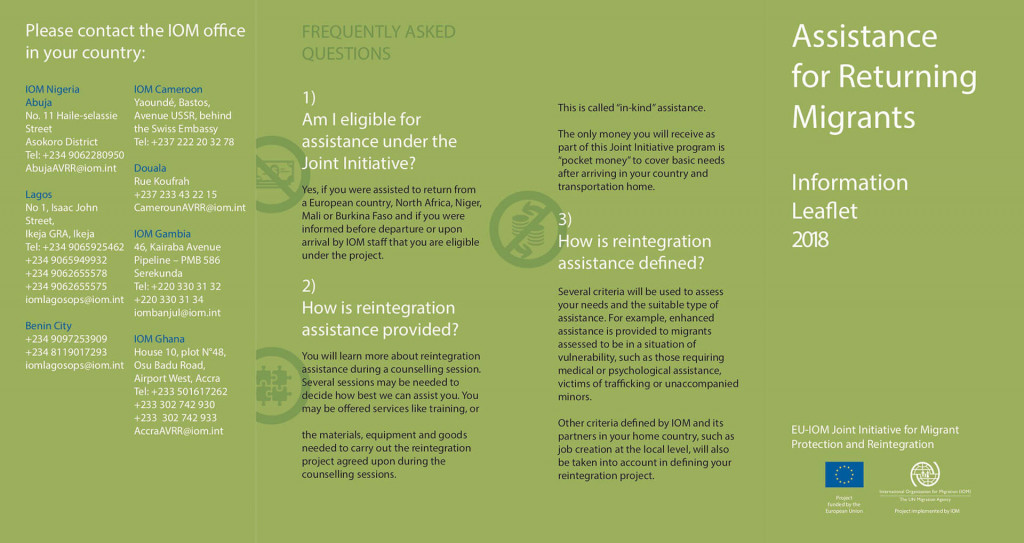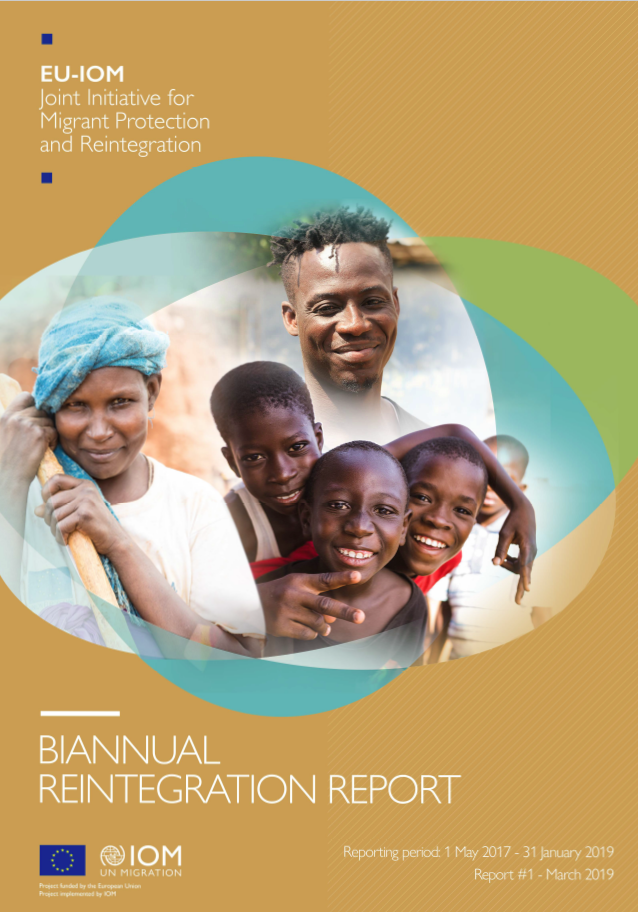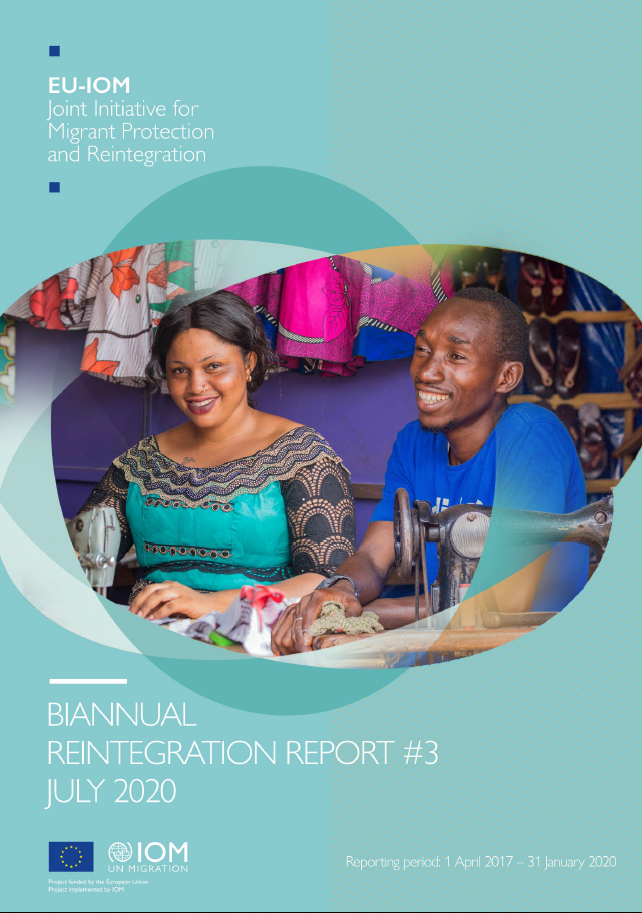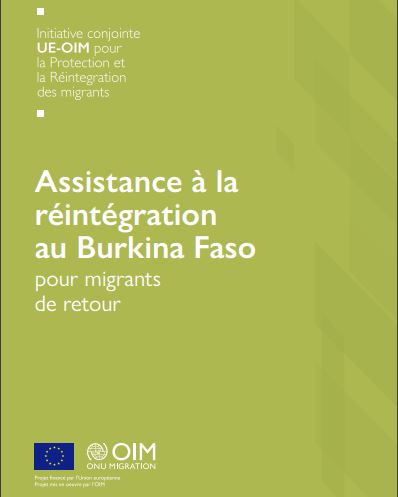The responsibilities for creating conditions to facilitate reintegration of returning migrants extend far beyond the EU-IOM Joint Initiative and require strong leadership from national authorities in countries of origin as well as active contributions at all levels of society. This starts with migrants and their families, but also includes the private sector, civil society, and local and international partners.
The actions give priority to sustainability of reintegration through promoting local ownership, partnership and alignment to development planning. An effective and comprehensive referral and partnership system, which is based on mapping of local and national partners, is one of the key components of reintegration assistance under the EU-IOM Joint Initiative. Whenever possible, referral to local partners and services constitutes the first option for all migrants, whether or not in vulnerable situations.
Framework standard operating procedures (SOPs) for assisted voluntary return and reintegration have been developed under the EU-IOM Joint Initiative based on IOM’s Integrated Approach to Reintegration in the context of return. These are being adapted to the specific local context in each target country through a consultative process. This process is accompanied by the establishment of Technical Working Groups (TWGs) on reintegration, which involve different local stakeholders and serve as coordination on the implementation and programming of reintegration assistance.














